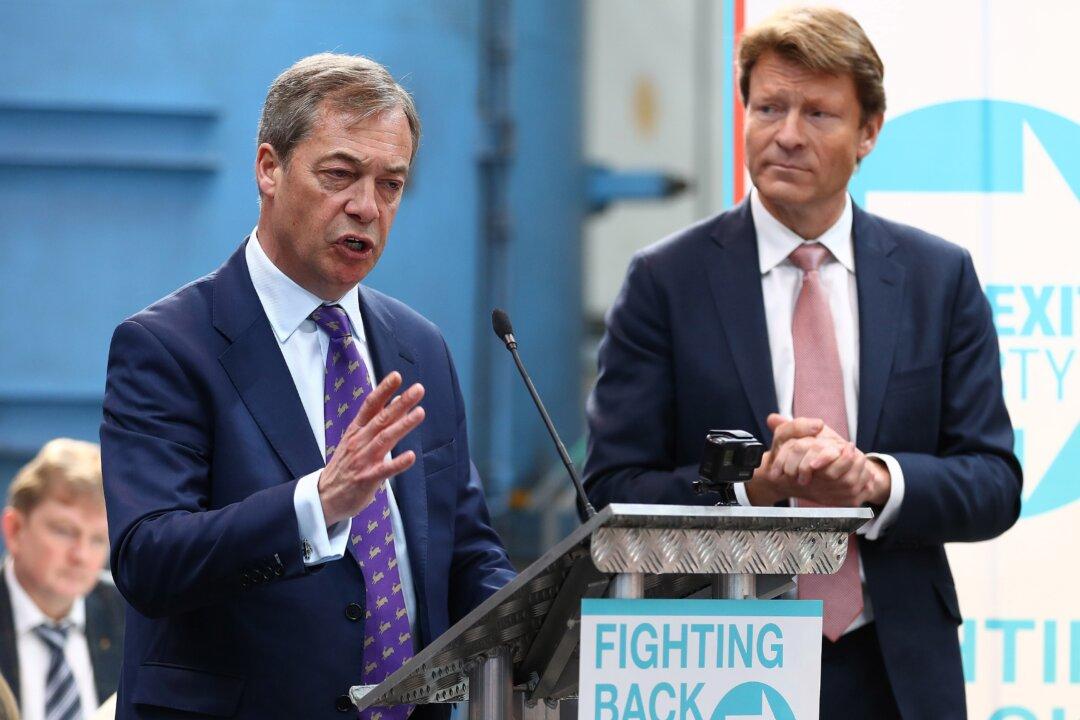Insurgent parties are warning that banks’ environmental, social, and governance (ESG) policies are being used to penalise certain views such as critiquing net zero policies.
The leader of the Reform Party Richard Tice told The Epoch Times that his commercial mortgage was refused last year because of his outspokenness on net zero policies, which went against the lender’s environmental, social, and governance (ESG) policy.





